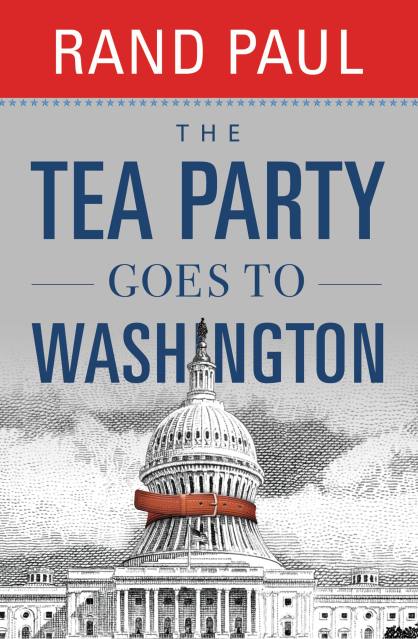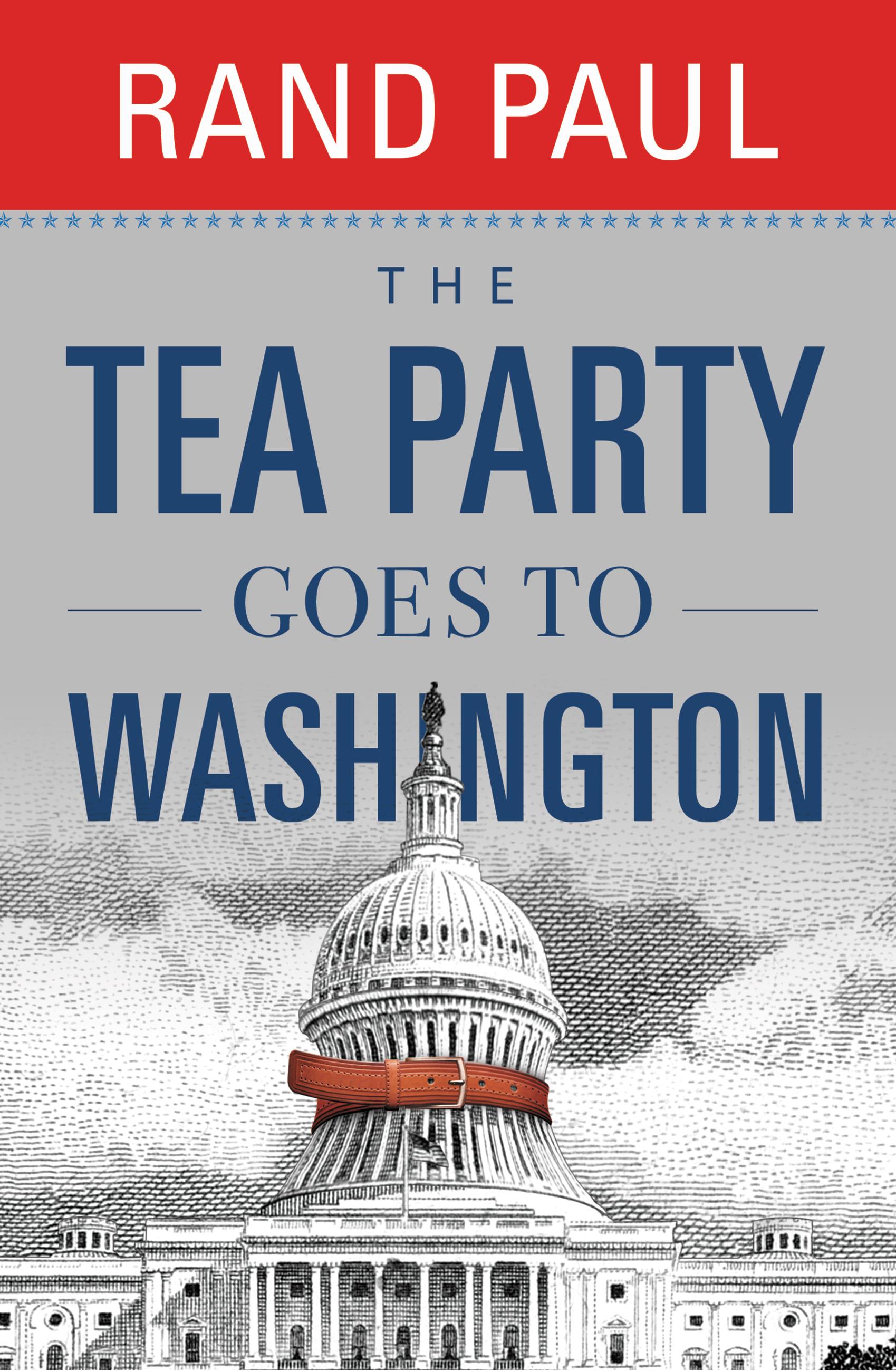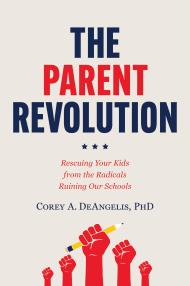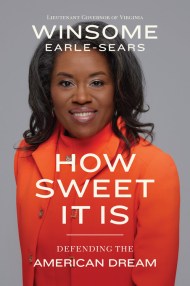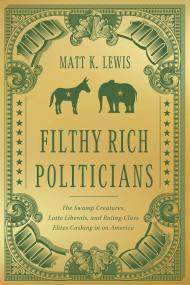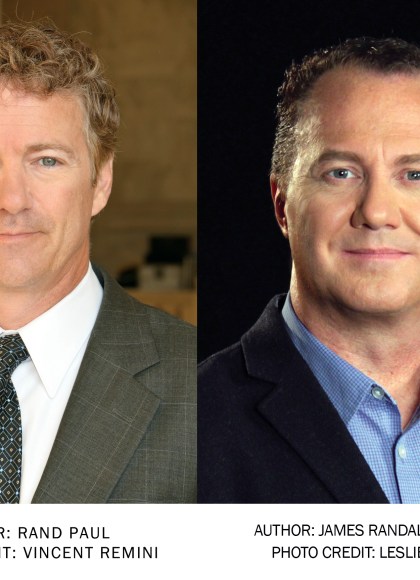By clicking “Accept,” you agree to the use of cookies and similar technologies on your device as set forth in our Cookie Policy and our Privacy Policy. Please note that certain cookies are essential for this website to function properly and do not require user consent to be deployed.
The Tea Party Goes to Washington
Contributors
By Rand Paul
Formats and Prices
- On Sale
- Feb 22, 2011
- Page Count
- 272 pages
- Publisher
- Center Street
- ISBN-13
- 9781455502868
Price
$9.99Price
$12.99 CADFormat
Format:
ebook $9.99 $12.99 CADThis item is a preorder. Your payment method will be charged immediately, and the product is expected to ship on or around February 22, 2011. This date is subject to change due to shipping delays beyond our control.
Buy from Other Retailers:
In THE TEA PARTY GOES TO WASHINGTON, the newly elected senator and self-described “constitutional conservative” explains why his party has to stand by its limited government rhetoric and why the federal government must be stuffed back into its constitutional box. Given the problems our nation faces, these are not mere suggestions, but moral imperatives.
Rand Paul and those who voted for him want to stop borrowing, end the bailouts, and entitlements and the spending. In THE TEA PARTY GOES TO WASHINGTON you’ll learn:
- The history of the Tea Party and why it isn’t “extreme”
- How both parties operate outside the Constitution
- Rand’s plan for a balanced budget
- Why the Tea Party will endure
It’s a new day in Washington– as the Tea Party graduates from populist outrage to political influence, Rand Paul stands poised to become one of its greatest champions.
Newsletter Signup
By clicking ‘Sign Up,’ I acknowledge that I have read and agree to Hachette Book Group’s Privacy Policy and Terms of Use
